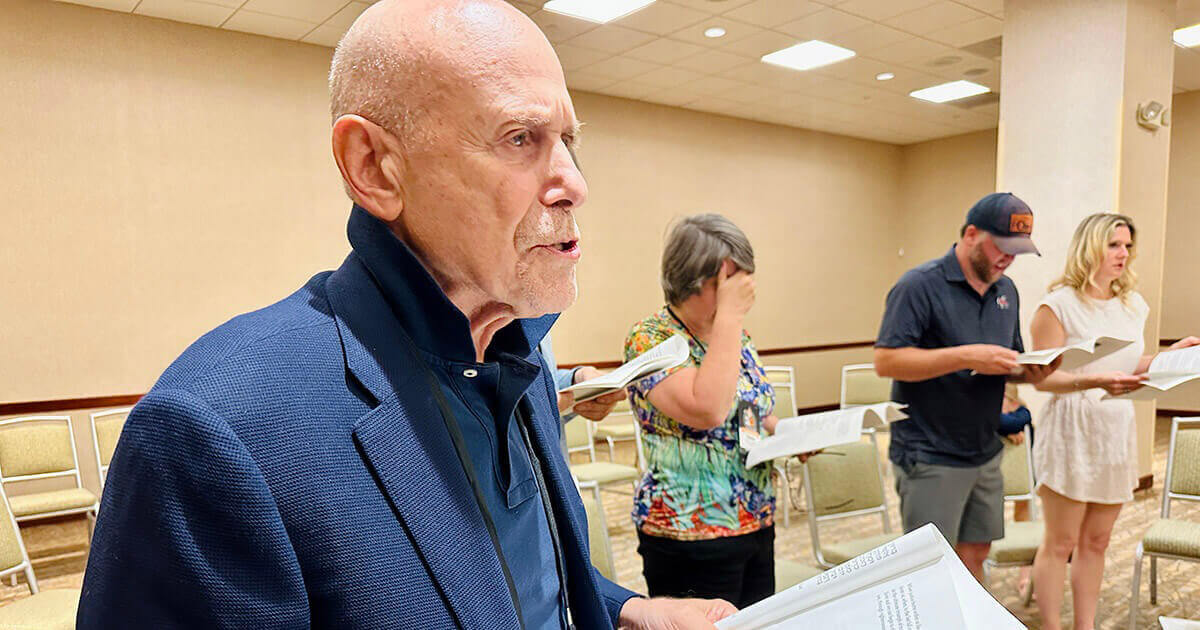Tzedakah and the Ethics of Taxation
When are taxes just, and when are they unjust? When is a tax cut just, and when is it unjust? These are questions currently convulsing Washington. In the debate, almost constant reference has been made to the economic impact of each of the possible decisions.
Unfortunately little, if any, attention is paid to the ethical element of the tax system. As often as not, ethics is pitted against economics. The “realist” talks economics; the “idealist” talks ethics. The former considers the latter as “soft-headed.” The latter considers the former as “ hard-hearted.”
To prove that they are not “hard-hearted,” those so charged point to their acts of “charity.” This, they find, is acceptable because it is voluntary. But a high tax on high income they find unacceptable because it is compulsory.
Civilizations have struggled with this problem since the beginning of time. One of the earliest to address the matter was the land of Israel. Under an entry titled “charity,” the Encyclopedia Judaica explains how the early Jews coped with this age-old problem: The key to the solution is the Hebrew word tzedakah, whose original meaning was “righteousness” and which was extended to mean “charity and justice.” Thus, as the encyclopedia explains:
Nowhere is the word “tax” used. But, it is clear that the obligations imposed under tzedakah are a graduated progressive income tax, enforced by flogging or confiscation.
This concept of tzedakah that fuses “charity” with “justice” as parts of a single entity was at the very basis of the Jewish community. Thus the encyclopedia notes that Rabbi Assi stated that the mitzvah (good deed) of tzedakah is as important as all the other commandments put together.
The Jewish sage Maimonides further refined the idea during the Middle Ages. To him, not all giving was of equal worth. The meanest and the lowest was charity given reluctantly and under pressure. On the upper rungs were those who gave gladly and gave well but who made sure that they were given public credit for the deed. Above such were those who gave and did so gladly and never asked for public recognition. At the eighth level — the highest — were those who did what was necessary to create a situation that made it unnecessary for anyone to beg.
While this concept of oneness may have originally derived from the tribal character of the wandering Jews, in time the notion of tzedakah also extended to the “stranger.” The Bible exhorts the Jew to “Love ye, therefore, the stranger for ye were strangers in the land of Egypt.”
These are voices out of a distant past. But shouldn’t they be heard and heeded in our time when an economics sans ethics preaches and practices a process of “dog eat dog and devil take the hindmost”?
A message from our editor-in-chief Jodi Rudoren

We're building on 127 years of independent journalism to help you develop deeper connections to what it means to be Jewish today.
With so much at stake for the Jewish people right now — war, rising antisemitism, a high-stakes U.S. presidential election — American Jews depend on the Forward's perspective, integrity and courage.
— Jodi Rudoren, Editor-in-Chief






















